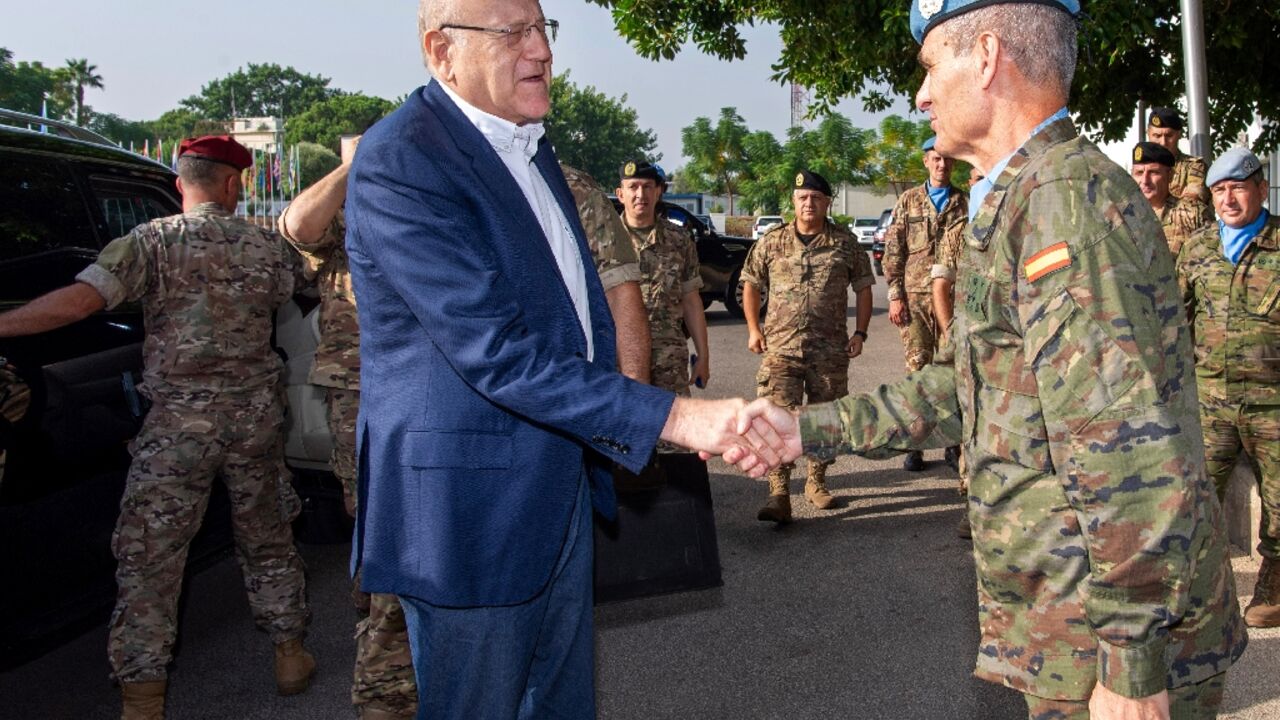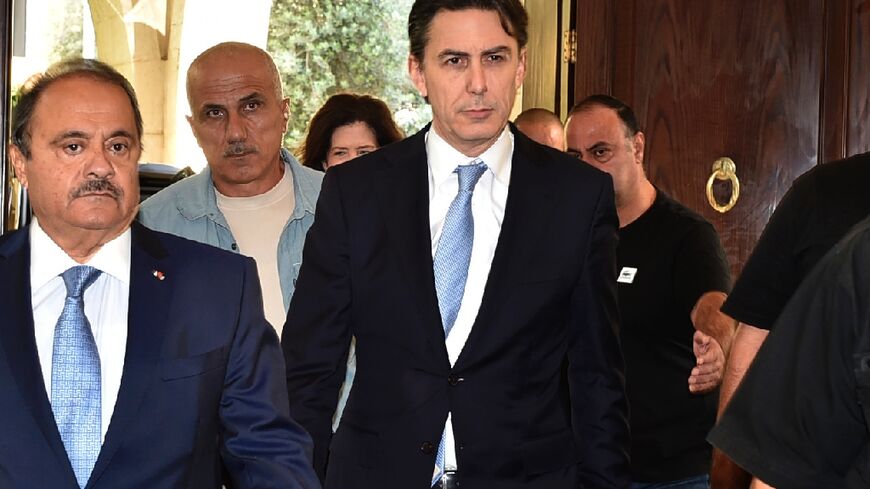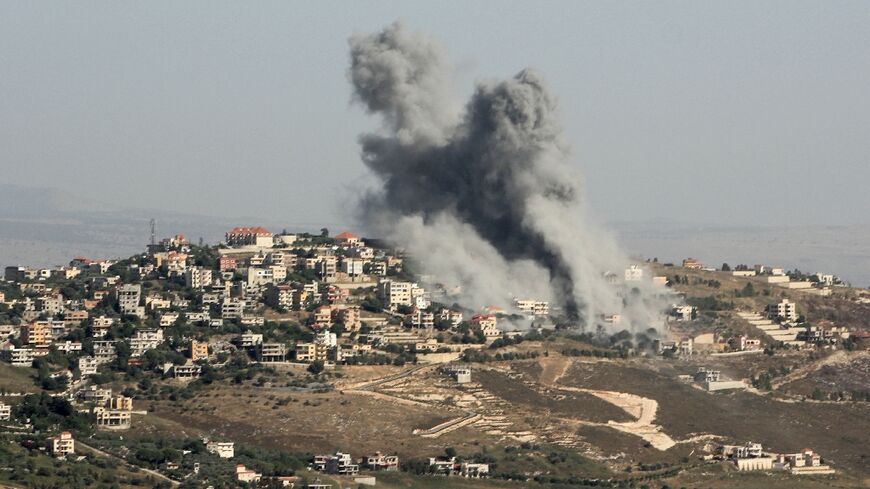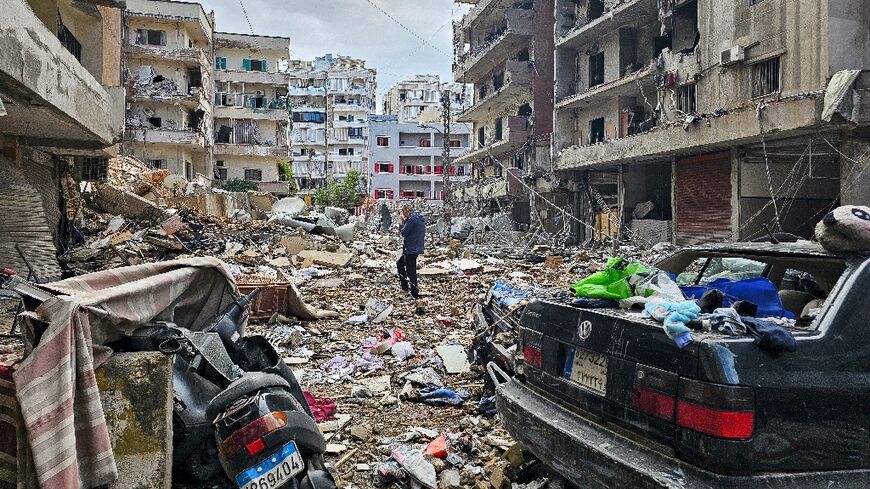Lebanon PM says committed to UN resolution amid Israel border skirmishes

Lebanese Prime Minister Najib Mikati reaffirmed on Tuesday Beirut's commitment to a UN resolution that ended a 2006 conflict between Israel and Hezbollah, amid border tensions as Israel fights Palestinian militants in Gaza.
Hamas fighters stormed into Israel from the blockaded Gaza Strip on October 7, killing at least 1,400 people, mostly civilians, according to Israeli authorities, and taking more than 200 others hostage.
Israel's retaliatory bombing campaign has killed more than 5,700 in Gaza, mainly Palestinian civilians, according to the Hamas-run health ministry.
Mikati paid a surprise trip to southern Lebanon on Tuesday, as Israel and the powerful Hezbollah group, a Hamas ally, have been trading near-daily cross-border fire -- tit-for-tat attacks that have so far been relatively contained.
He emphasised Lebanon's commitment to implementing UN Security Council Resolution 1701, which ended the 2006 war and which also called for the removal of weapons in southern Lebanon from the hands of everyone except the Lebanese army and other state security forces.
"We came to the beloved south... to reaffirm peace-loving Lebanon's respect for all legitimate international resolutions and its commitment to implementing" resolution 1701, Mikati said, according to a statement.
Mikati and Lebanon's army commander Joseph Aoun visited troops and the headquarters of the United Nations Interim Force in Lebanon (UNIFIL) peacekeeping mission during the trip, the statement from the premier's media office said.
Since the end of the 2006 conflict, Hezbollah has not had a visible military presence on Lebanon's southern border, which is patrolled by UNIFIL peacekeepers.
However, experts and reports say Hezbollah, which enjoys broad popular support in the south, and has positions, hideouts and tunnels in the area.
- 'Real concern' -
Iran-backed Hezbollah said Tuesday that its fighters had targeted Israeli positions, including with guided missiles and artillery shells.
The group said in a statement that six more of its fighters had been killed, bringing the number of dead on the Lebanese side since violence erupted earlier this month to 47, most of them Hezbollah combatants but also including four civilians, one of them a Reuters journalist.
Four people have been killed in Israel, including three soldiers and one civilian.
UNIFIL commander Major General Aroldo Lazaro said Tuesday that "the conflict has intensified over the past two weeks, and this is a real concern".
"We must redouble our efforts to maintain the stability that we have all worked so hard for over the past 17 years. We must avoid a wider conflict that would put many more people in danger," he added in a statement.
Lebanon's official National News Agency reported Israeli bombings in several southern border areas on Tuesday, adding that two phosphorus shells fell on the outskirts of the village of Mais al-Jabal.
The Israeli army said its aircraft struck fighters in Lebanon, while the Israeli military responded "with artillery fire" following the reported launch of an anti-tank missile towards Israel.
Israeli has denied using the incendiary weapon white phosphorus in either Gaza or south Lebanon.





